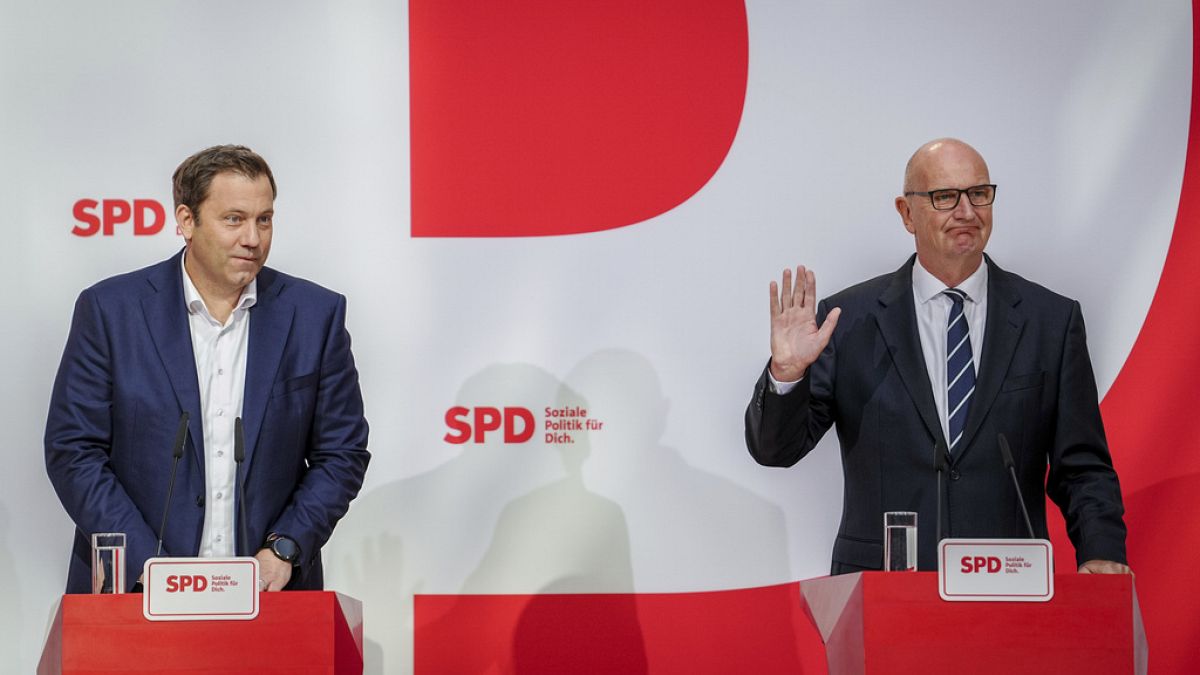The recent state election in Brandenburg has marked significant wins for the Social Democrats (SPD) and far-right Alternative for Germany (AfD), while putting the liberal Free Democratic Party (FDP) in a precarious position. With the highest voter turnout in three decades since German reunification, the outcome has set the stage for discussions on potential coalition governments and the future of Germany’s political landscape.
The results of the election have established the SPD as the strongest party in Brandenburg, providing a much-needed boost for German Chancellor Olaf Scholz. However, the AfD’s gains have also raised concerns, as the party now holds a significant blocking minority in two states, giving them the power to elect constitutional judges. This has created uncertainty about the future and potential coalitions in Brandenburg and other states.
Despite the success of the SPD in Brandenburg, Dr. Jan Philipp Thomeczek, a political scientist at the University of Potsdam, highlights the challenges that lie ahead for the party. While the SPD may continue to govern in Brandenburg and potentially in Thuringia and Saxony, the fate of the FDP and Green party remains uncertain. The FDP’s poor performance in the election has put the party in a position of fighting for survival, raising questions about possible alternative coalitions.
Discussions about potential coalition governments in Brandenburg are now underway, with the SPD and Sahra Wagenknecht Alliance emerging as a potential partnership. However, the foreign policy demands of the BSW, including controversial issues surrounding military aid to Ukraine and migration, have raised concerns. The ability of the BSW to form a productive coalition with other parties remains uncertain, with the possibility of new elections on the horizon.
The election results have had a significant impact on all major parties in Germany, with the Green party and FDP facing challenges after being ousted from state parliaments. The Die Linke party also suffered losses, highlighting the difficult political landscape for established parties. As discussions continue about potential coalition governments and the future of German politics, it remains clear that the AfD is unlikely to find willing partners for coalition agreements.
Looking ahead to the federal elections scheduled for the end of next year, the road for established parties and coalition governments appears long and challenging. With the AfD celebrating its gains and other parties strategizing on potential coalitions, the future of Germany’s political landscape remains uncertain. As discussions unfold and decisions are made in the coming months, the outcome of the state elections in Brandenburg may have far-reaching implications for the country as a whole.










